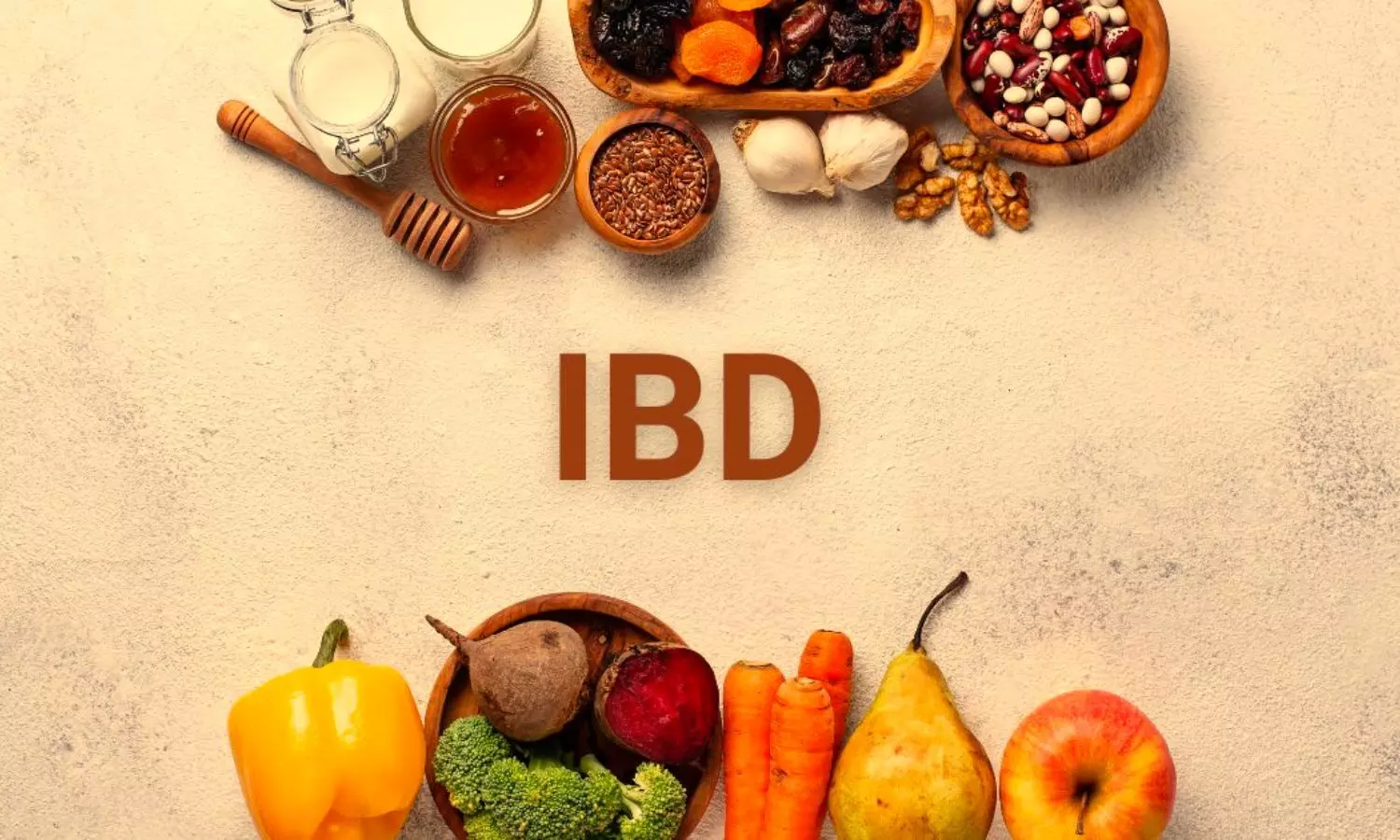AGA Issues Key Guidance on Diet and Nutrition in IBD Management: Focus on Malnutrition and Tailored Therapies

USA: The American Gastroenterological Association (AGA) has released a new Clinical Practice Update (CPU) focusing on the role of diet and nutritional therapies in the management of Inflammatory Bowel Disease (IBD). The expert review, published in Gastroenterology Journal, addresses the critical relationship between nutrition and IBD, emphasizing the identification and management of malnutrition, a common yet often overlooked issue in these patients. The AGA provides practical best practice advice to guide clinical decision-making for gastroenterologists and other healthcare providers.
The first recommendation emphasizes the importance of a Mediterranean diet unless contraindicated. This diet, which incorporates fresh fruits, vegetables, lean proteins, monounsaturated fats, and complex carbohydrates while reducing ultra-processed foods, added sugars, and excessive salt, promotes overall health in IBD patients. Although no diet has consistently proven effective at preventing flares, reducing red and processed meat consumption may help decrease ulcerative colitis flares. However, it has no significant impact on Crohn’s disease relapses.
For patients with intestinal strictures, fibrous plant-based foods can cause complications due to their texture. The AGA advises that careful preparation, such as proper cooking and chewing, can allow these patients to incorporate various plant-based foods while minimizing symptoms. Enteral therapies like exclusive enteral nutrition (EEN) have also proven effective. Liquid formulations of EEN can induce remission and provide a steroid-sparing alternative, especially in children with Crohn’s disease. Additionally, Crohn’s disease exclusion diets, a partial enteral nutrition approach, can support mild to moderate Crohn’s disease patients by improving clinical remission rates.
EEN also serves as a preoperative strategy for malnourished IBD patients to optimize their nutritional status and reduce the risk of complications. Parenteral nutrition becomes necessary for patients who have complications like intra-abdominal abscesses or phlegmonous inflammation that hinder enteral nutrition. It can be a short-term intervention to support nutrition, particularly during the preoperative period. Furthermore, the AGA highlights that parenteral nutrition should be considered for severe complications, such as high-output gastrointestinal fistulas, prolonged ileus, or short bowel syndrome, especially when oral or enteral feeding fails.
Transition strategies for parenteral nutrition are also discussed. For instance, long-term reliance on parenteral nutrition in patients with short bowel syndrome should shift to customized hydration strategies, including oral electrolyte solutions and IV hydration, to minimize long-term complications. Using glucagon-like peptide-2 agonists can assist this transition by improving gut adaptation.
Malnutrition is a key focus area. All IBD patients should undergo regular screening for malnutrition, which includes identifying signs like unintended weight loss, edema, and loss of muscle or fat mass. Registered dietitians should be involved in comprehensive evaluations for suspected cases of malnutrition. Additionally, monitoring for deficiencies in vitamin D, iron, and vitamin B12 is recommended, especially in cases of ileal disease or following ileal surgery.
The importance of dietitian support is further emphasized. Dietitians play a vital role in co-managing patients with complicated IBD cases, especially those with malnutrition, short bowel syndrome, or other advanced nutritional needs. Early involvement of dietitians is particularly recommended for newly diagnosed IBD patients to ensure tailored interventions.
Finally, breastfeeding is associated with a reduced risk of IBD diagnosis in children, and a healthy Mediterranean diet during pregnancy is linked to a lower likelihood of IBD development later in life.
This updated guidance from the AGA highlights the pivotal role of diet and nutritional therapies in comprehensive IBD management strategies, promoting a multidisciplinary approach to ensuring optimal patient outcomes.
Reference:
Hashash JG, Elkins J, Lewis JD, Binion DG. AGA Clinical Practice Update on Diet and Nutritional Therapies in Patients With Inflammatory Bowel Disease: Expert Review. Gastroenterology. 2024 Mar;166(3):521-532. doi: 10.1053/j.gastro.2023.11.303. Epub 2024 Jan 23. PMID: 38276922.



